Every morning, I fill my coffee mug to the brim before carefully attempting to climb into my car.
About twice a week, I spill my coffee while doing so. While these spill sessions should teach me to fill my mug slightly lower the next time, my habits do not change. Because I don't want "less" coffee. I just won't spill it next time.
I am irrationally optimistic. And perhaps, so too, are we all. At least Dan Ariely seems to think so (my favorite TED talk ever.)
So, I think the question we're all left asking is how can we use this intrinsic knowledge of human irrationality to successfully gamble on professional football games?
NFL BETTING RULES
When betting on professional football games, you don't just pick the winner. You have to bet against the "spread". So, let's say the Patriots are playing at home against the Browns. You can't just bet the Patriots, because who would bet against you? That's what the "spread" is for. So, let's say the spread is (-8). Your betting options are to either bet that the Patriots will win by more than 8, or bet that the Browns will lose by less than 8. This spread fluctuates as bets come in, in order to try and keep even money on both sides of the bet. That way, no matter who wins, Vegas wins, since they take a commission cut from all winning bets.
So, is there an edge to be had in a game against really smart analysts who have a lot of money vested in this, who constantly look for advantages and instantly adjust to match the best information possible? Well, it's incredibly difficult. In fact, many "experts" are well under 50% for the year.
But are these "experts" immune to irrational optimism? I wondered. So, here was my theory, based on a noticed flaw in my own logic. By default, I had been picking the better team, even before I saw the spread. And only switched to the underdog if I saw a spread number that convinced me to change. But, like Ariely mentioned, it's always easier NOT to do something. So if even a slight majority were doing what I had been doing, there might be an irrationally high number on the 'better' team.
That's the theory I came up with 5 weeks ago. So to rectify this irrationality, for the last five weeks, I've been picking the worse team by default. Then, only switching my pick if the spread convinces me to do so. Since then, I'm first in my 20-team league.
Might I be confusing correlation for causation? Perhaps. I'm only 5 weeks in to the theory.
But, at least I'm not gambling anymore. I'm no longer trying to get lucky. I'm simply betting on human irrationality.

